In response to recent racist and antigay graffiti at the Kansas school, Johnson County Community College trustees have added sexual orientation to the college's nondiscrimination policy. The decision was made during the open portion of a special board meeting, despite protests from at least one board member who thought the hastily called meeting was an attempt to quietly minimize exposure.
Trustee Benjamin Hodge said more public discussion was needed and that while the decision was legal, it was "not honorable." "I am completely certain that we should not have discussed this issue in the manner we did," he said.
Hodge said trustees also discussed the policy change in a closed-door executive session before returning to the open meeting for the vote on Monday. "We should have sought public input," said Hodge, who voted against the change because he said it does not represent the values of people in Johnson County or Kansas. "It would have been most appropriate to invite public comments."
Other trustees said the decision, made five months after two incidents of racially and sexually derogatory messages were reported in men's restrooms on campus, was in direct response to a number of letters "from all over the place."
"It seemed like a good idea to get board action so we could give the faculty an answer, versus coming to them and saying, 'This is what we can recommend,'" said trustee Jon Stewart.
The school's faculty association brought the matter to the collegial steering committee in January, said Vincent Clark, president of the association. The committee is charged with making recommendations to the board of trustees on matters unrelated to salary negotiations.
The idea was discussed further in March, and the speed on which it was voted on by the board of trustees amazed even its most avid supporters. "The meeting was a surprise," said Kami Day, an associate professor at the college. "It's a step, and a huge improvement."
Day said that beyond the graffiti, there is a problem in that some teachers aren't sensitive to their gay, lesbian, bisexual, and transgender students. "It's a lack of awareness more than anything," she said. "There needs to be public discussion." (AP)

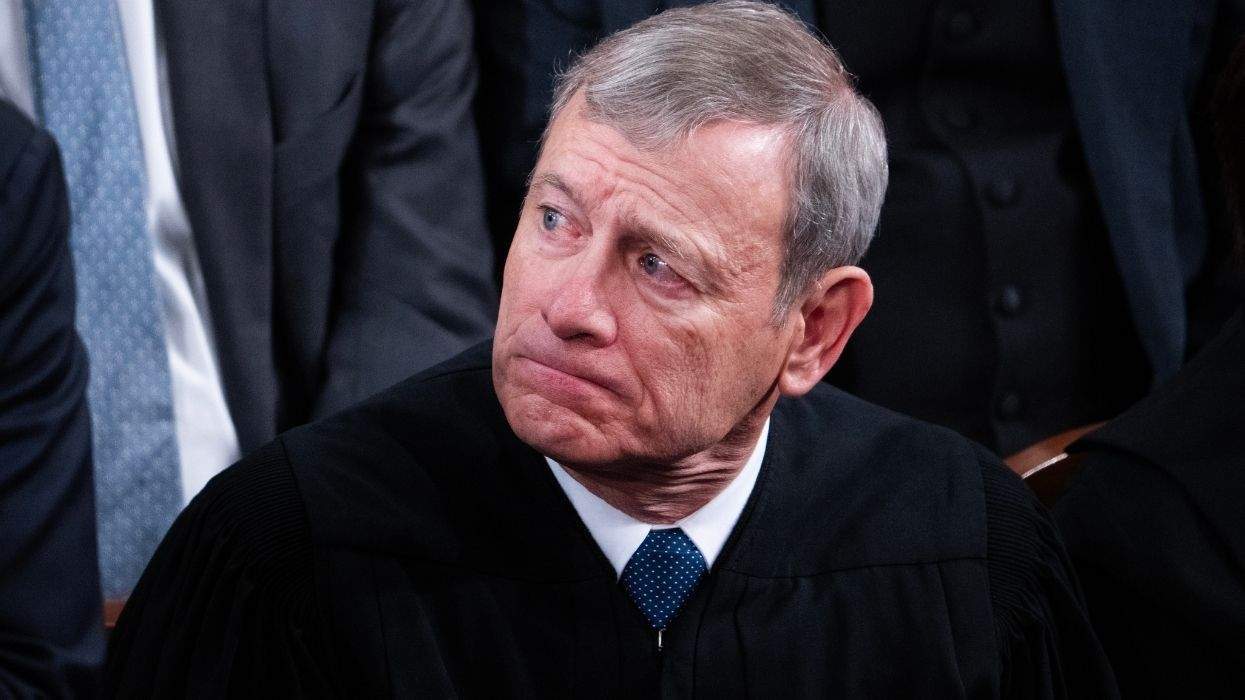
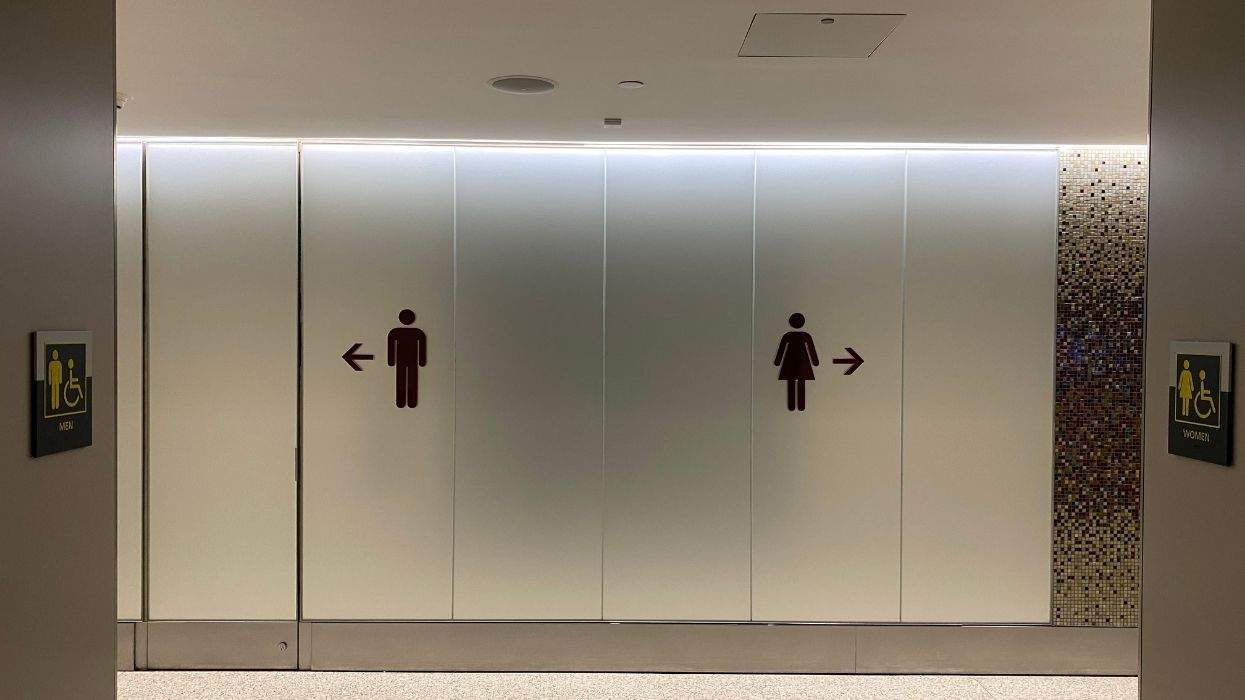
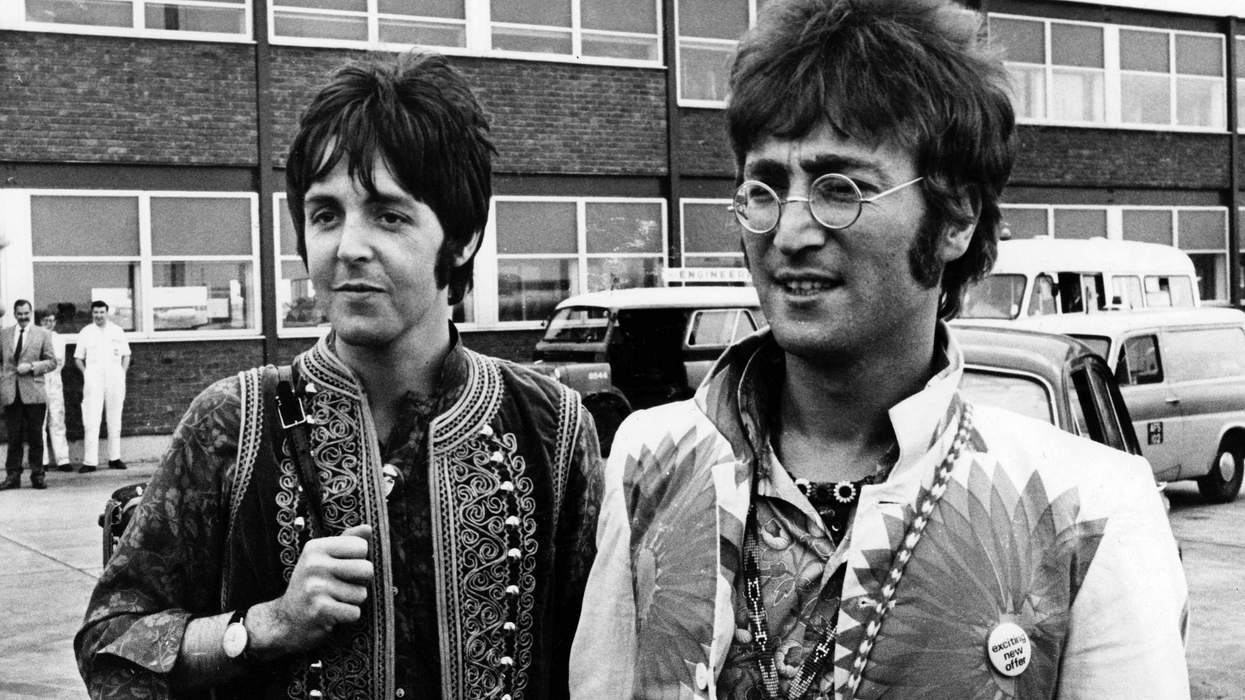
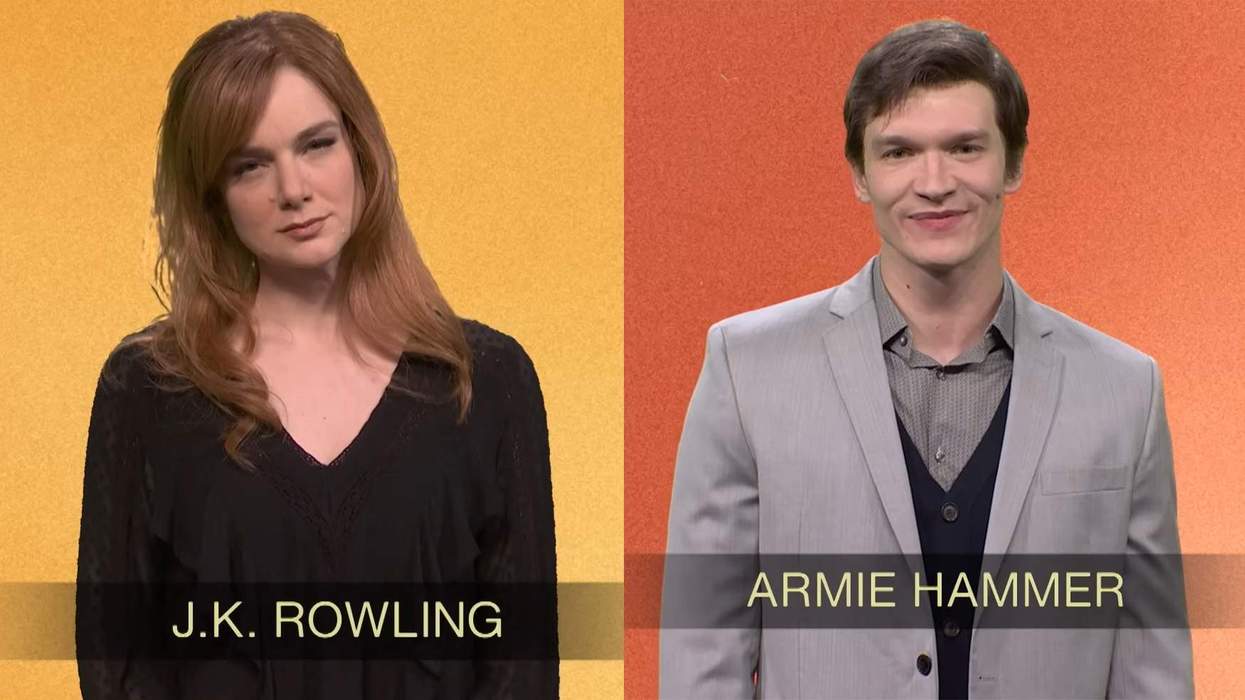








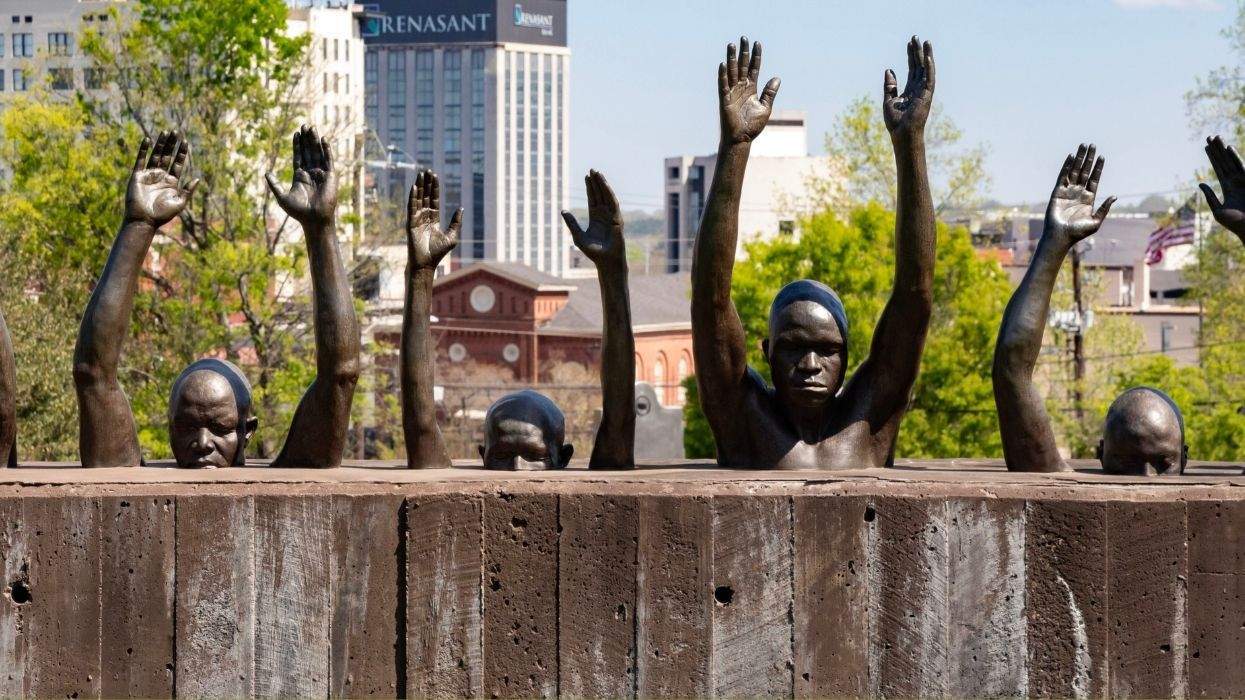

Charlie Kirk DID say stoning gay people was the 'perfect law' — and these other heinous quotes
These are some of his worst comments about LGBTQ+ people made by Charlie Kirk.